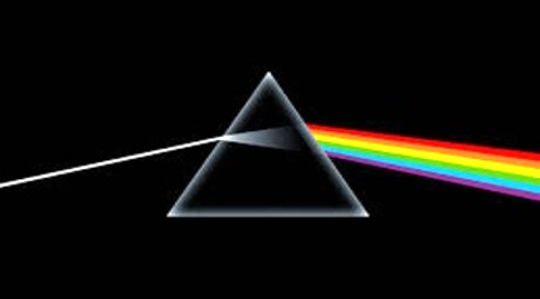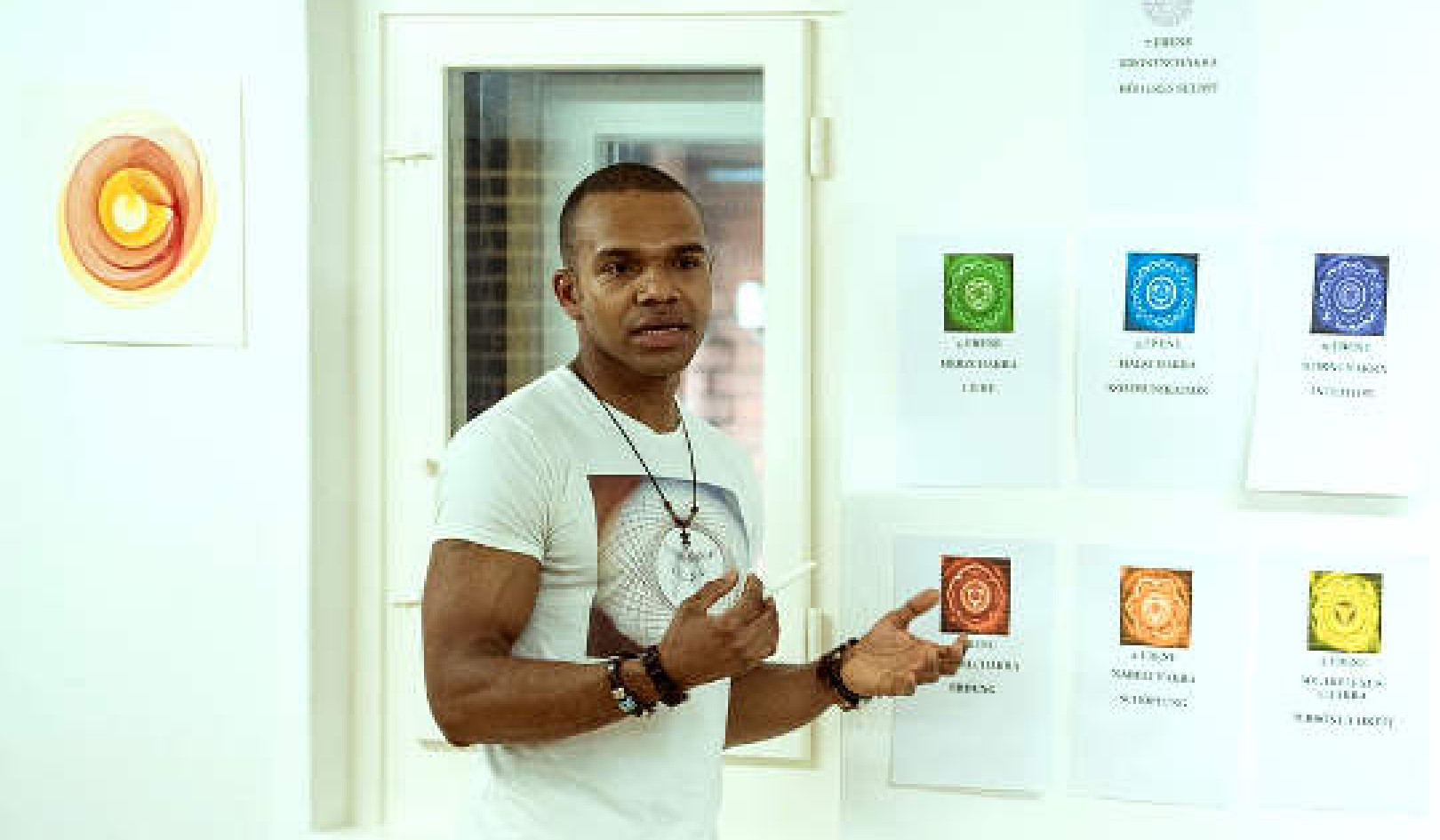
There is one skill fundamental to spiritual development: the ability to discern. Spiritual progress is painfully slow and uncertain until the eyes of discernment are opened, for without this testing, proving, searching ability, we grope in the dark, unable to distinguish the real from the unreal, the substance from the shadow, the false from the true. Without discernment, we too often mistake the inward promptings of our small self for the voice of the higher spirit of Truth.
A blind person in a new place may grope his or her way through darkness but not without a lot of confusion, many painful falls, and much bruising. Similarly, without discernment, people are mentally blind, and their lives consist of painful groping in darkness—a confusion in which vice and virtue are indistinguishable from one another; where facts are taken for truths and opinions are confused with principles; and where ideas, events, people, and things appear to be unrelated to each other.
Ideally our minds and lives would be free from confusion. We can expect to be prepared to meet every mental, material, and spiritual difficulty and never be caught (as too many are) in the meshes of doubt, indecision, and uncertainty, even in the face of troubles and so-called misfortunes. We can be fortified against every emergency that can come against us. But such mental preparedness and strength cannot be attained without discernment, and discernment can only be developed by constantly exercising the mind.
Developing & Strengthening Discernment: Seeing Things As They Are
The mind, like a muscle, is developed by use, and the constant exercise of the mind by continuously comparing and analyzing the ideas and opinions of others will develop and strengthen mental capacity and power. This is the function of a traditional education in the liberal arts—to train the mind in these abilities. Discernment, however, is something greater than the analytical and critical faculties; it’s also a spiritual quality from which the cruelty and egotism that so often accompany criticism are eliminated and we see things as they are, not as we would like them—or as we were trained to expect them—to be.
Discernment, being a spiritual skill, can only be developed by spiritual methods, namely by questioning, examining, and analyzing one’s own ideas, opinions, and conduct. Our critical, fault-finding tendencies must no longer be applied to the opinions and conduct of others but must be applied—with no holds barred—to our own self. We must be prepared to question every one of our own opinions, thoughts, and behaviors and test them against our chosen principles, the ten divine qualities. To “prove all things” (1 Thessalonians 5:21) is to find the useful ideas and cast the garbage aside. Only in this way can the discernment that destroys confusion be developed.
However, before we can begin such mental exercise, we must become teachable. This does not mean we have to allow ourselves to be led by others. It does mean that we’re ready to observe our thoughts and feelings and then let go of any once-cherished thoughts, beliefs, assumptions, or opinions that have no logical basis or would get in the way of our accomplishing our highest dreams.
Being Willing to Question Your Opinions or Reasoning
Anyone who says, “I’m right!” without being willing to question his or her position will remain stuck in prejudice and will not acquire discernment. But people who humbly ask, “Am I right?” and then proceed to test and prove their positions by earnest thought and the love of Truth will always be able to discover the true and distinguish it from the false or unworthy. They will have the priceless power of discernment.
Those who are afraid to question their opinions or reason out their positions will have to develop moral courage before they can acquire discernment. They must be fearless with themselves before they can perceive the clear principles of Truth and receive its all-revealing light. They need not fear; Truth cannot suffer under examination and analysis; the more it’s questioned, the brighter it shines. By contrast, the more error is questioned, the darker it grows; it can’t survive searching thought.
Confusion, suffering, and spiritual darkness follow the thoughtless. Harmony, blessedness, and the Light of Truth attend upon the thoughtful. Passion and prejudice are blind and cannot discriminate . . .
Those who reason and meditate learn to be mindful, and those who can discern discover the eternally True.
Essential Points
• Without discernment, we too often mistake the inward promptings of our small self for the voice of the higher spirit of Truth. With discernment we can be fortified against every emergency that can come against us.
• Discernment, being a spiritual skill, can only be developed by questioning, examining, and analyzing one’s own ideas, opinions, and conduct, and testing them against our chosen principles.
• Anyone who says, “I’m right!” without being willing to question his or her position will remain stuck in prejudice and will not acquire discernment.
• Those who reason and meditate learn to be mindful, and those who can discern discover the eternally True.
*subtitles by InnerSelf
© 2012 by Ruth L. Miller. Reprinted with permission
from Atria Books/Beyond Words Publishing.
All Rights Reserved. www.beyondword.com
Article Source
As We Think, So We Are: James Allen's Guide to Transforming Our Lives
by James Allen (edited by Ruth L Miller)
 Dr. Ruth Miller offers modern translations of three of James Allen’s most insightful essays. Using clear, concise language paired with practical applications, Miller creates an accessible way to delve into and explore the fundamental processes that determine how we interact with—and understand—the world.
Dr. Ruth Miller offers modern translations of three of James Allen’s most insightful essays. Using clear, concise language paired with practical applications, Miller creates an accessible way to delve into and explore the fundamental processes that determine how we interact with—and understand—the world.
James Allen’s seminal theories in metaphysics introduced millions in the last century to the Law of Attraction, one of the most transformative paths to fulfillment in the modern age. In As We Think, So We Are, we find Allen’s writing to be as important and life changing today as it was a hundred years ago. As Allen put it, “All that we are is the result of what we have thought. It is founded in our thoughts; it is made up of our thoughts.”
Click here for more info and/or to order this book.
About the Author
James Allen was a British philosophical writer known for his inspirational books and poetry and as a pioneer of the self-help movement. His best known work, As a Man Thinketh, has been mass produced since its publication in 1902.
About the Editor
 Ruth L. Miller, Ph.D. has interpreted the works of some of the greatest thinkers of the late-nineteenth and early-twentieth-century, from Ralph Waldo Emerson to Charles F. Haanel. She expertly integrates scientific, spiritual, and cultural understanding to clarify metaphysical principles for a modern audience. An ordained New Thought minister, Ruth serves in Unity, Science of Mind, and Unitarian churches of the Pacific Northwest and is director of the Portal Center for Studies of Spirit in Oregon. Visit her website at www.rlmillerphd.com
Ruth L. Miller, Ph.D. has interpreted the works of some of the greatest thinkers of the late-nineteenth and early-twentieth-century, from Ralph Waldo Emerson to Charles F. Haanel. She expertly integrates scientific, spiritual, and cultural understanding to clarify metaphysical principles for a modern audience. An ordained New Thought minister, Ruth serves in Unity, Science of Mind, and Unitarian churches of the Pacific Northwest and is director of the Portal Center for Studies of Spirit in Oregon. Visit her website at www.rlmillerphd.com




























